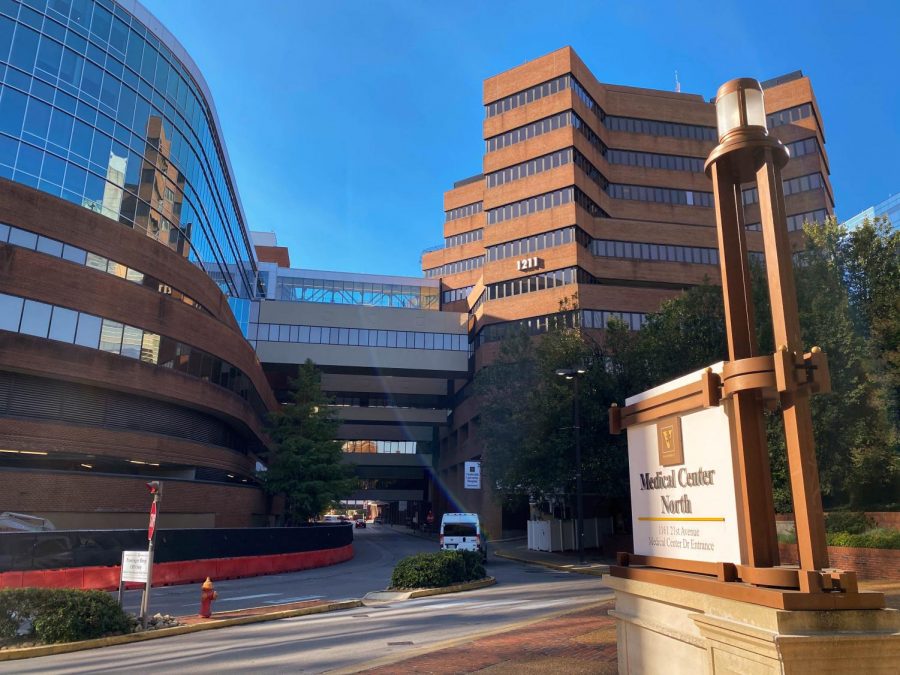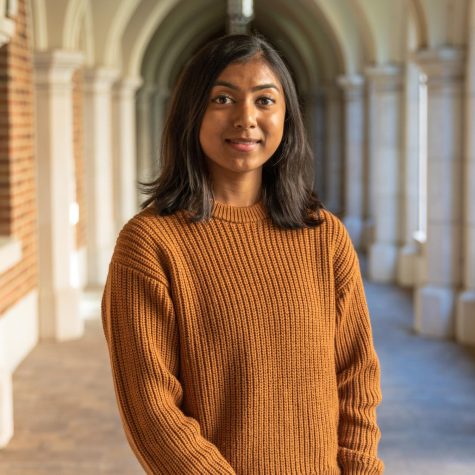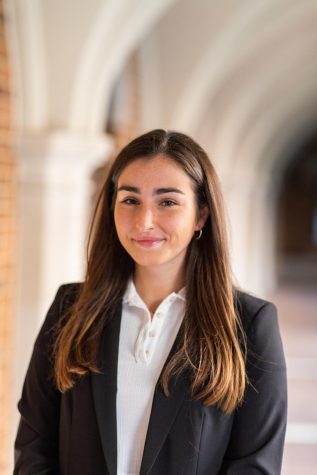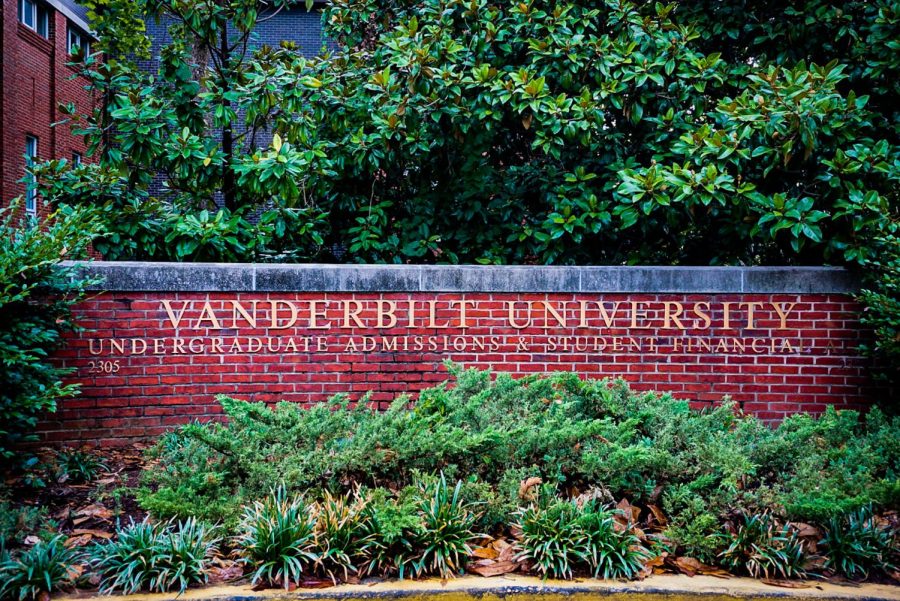Vanderbilt University Medical Center (VUMC) was awarded a grant worth up to $60 million from The National Heart, Lung and Blood Institute (NHLBI). These funds will be used to lead a national clinical trial to test three medications for COVID-19 that target the Renin-Angiotensin-Aldosterone System (RAAS) of hormones.
Biochemistry of the medications
The RAAS, which plays a role in regulating blood pressure, cardiac function and fluid levels, goes awry due to COVID-19 per the VUMC report. The report also says life-threatening medical issues can occur as a result, such as pulmonary edema, thromboembolic complications and severe cardiac injury.
Within the RAAS, there is a balance between two hormones known as angiotensin II and angiotensin-(1-7). Angiotensin II is usually broken down by the angiotensin-converting enzyme 2 receptor (ACE2) into angiotensin-(1-7), a beneficial molecule. On the other hand, a buildup of angiotensin II results in elevated fluid levels and blood pressure, leading to organ damage. Dr. Sean Collins, professor, executive vice chairman of the department of emergency medicine and director of the Center for Emergency Care Research and Innovation at VUMC, further explained this process in an interview with The Hustler.
“What normally happens in the body is that angiotensin II stimulates the AT1 [angiotensin II type 1] receptor and gets broken down by [the] ACE2 receptor,” Collins said. “Because [ACE2] is destroyed by COVID-19, angiotensin II runs wild and continues to stimulate the angiotensin [II type] 1 receptor.”
Collins is one of the principal investigators for this national trial which will occur at over 50 different sites. Vanderbilt is the primary academic partner for this trial, which means that most of the medical science involved in the study originated from research at VUMC.
The RAAS has been chosen as a focus for COVID-19 therapeutics because prior studies suggest that targeting this system helps to improve lung injury, per Collins.
“Many of the medications that we are going to study have undergone smaller trials in COVID-19 [patients] [and] have shown that they are not only safe, but [also] have some signs of efficacy,” Collins said.
The clinical trial is expected to test three therapeutic agents that work to restore RAAS balance: TXA127, TRV027 and APN01. Each of these drugs target the RAAS system differently. Per Collins, these medications have previously been tested on patients with heart failure, cancer or acute respiratory distress syndrome (ARDS). However, according to Dr. Wesley Self, Vanderbilt Institute for Clinical and Translational Research’s (VICTR) vice president for clinical research networks and strategy, none of the therapeutics have been FDA approved for the treatment of any conditions.
“None of the therapeutics have been approved for any use in humans outside of clinical trials,” Self said. “They are all investigational, but they all have the potential to be beneficial in multiple diseases, COVID-19 being one of those diseases.”
Bringing a therapeutic to a phase two clinical trial
Per Self, the process of reaching phase two in a clinical trial, the current stage of the VUMC study, is typically extensive. Scientists normally develop a drug over the course of five to ten years, study it in animals for several years and then administer it to healthy volunteers. After ten years of studying the effects on animals and healthy volunteers, the medication would be made available to afflicted people. However, Self stated that this process has been shortened with the VUMC trial.
“Because COVID-19 has sped everything up remarkably and there was just such a lack of treatment, we have condensed some of those initial stages into a matter of weeks,” Self said.
Per Collins, the VUMC trial is expected to take at least a year depending on a variety of factors, such as the presence of COVID-19 outbreaks and variants. Collins said that 1,600 patients will need to be enrolled in the study starting in June 2021.
“When one of the study arms finishes enrolling and we have 300 patients in that arm, even if the other two agents haven’t enrolled 300, we would report that one out and we would publish it while the other two were still finishing up,” Collins said.
Collins said that enrollment for this clinical trial is expected to be more difficult this year than in 2020.
“Because the vaccine is working very well, COVID-19 prevalence has gone down. As a result, it will be harder to enroll [participants] than it was a year ago [at] this time,” Collins said. “We hope in the next four to five weeks that we start enrolling patients.”
Trial design
Eligible trial participants are hospitalized COVID-19 patients who are receiving supplemental oxygen, per Collins.
“We are trying to enroll the entire group of patients who come into the hospital who need oxygen so that we know that it is broadly applicable to all those patients,” Collins said.
According to Collins, the clinical trial is a platform trial because it tests multiple agents and is randomized, double-blind and placebo-controlled.
“There are three drugs and one placebo, so you actually have three chances out of four of getting an active drug and one chance in four of getting a placebo,” Collins said.
According to Collins, each patient will receive one of the therapeutics or a placebo in addition to standard COVID-19 treatments.
Collins said that the goal of the trial is to better understand how to best treat patients who are admitted to a hospital with COVID-19. Self added that they hope to identify drugs that can help doctors treat patients who are most affected by the virus.
“There has been a lot of press and activity around successes in COVID-19, but there is still a lot of room to go,” Self said. “This would be, potentially, one piece of very effective drugs that work in very specific ways for the sickest people with COVID-19 that hopefully will allow them to get out of the hospital and survive.”

















